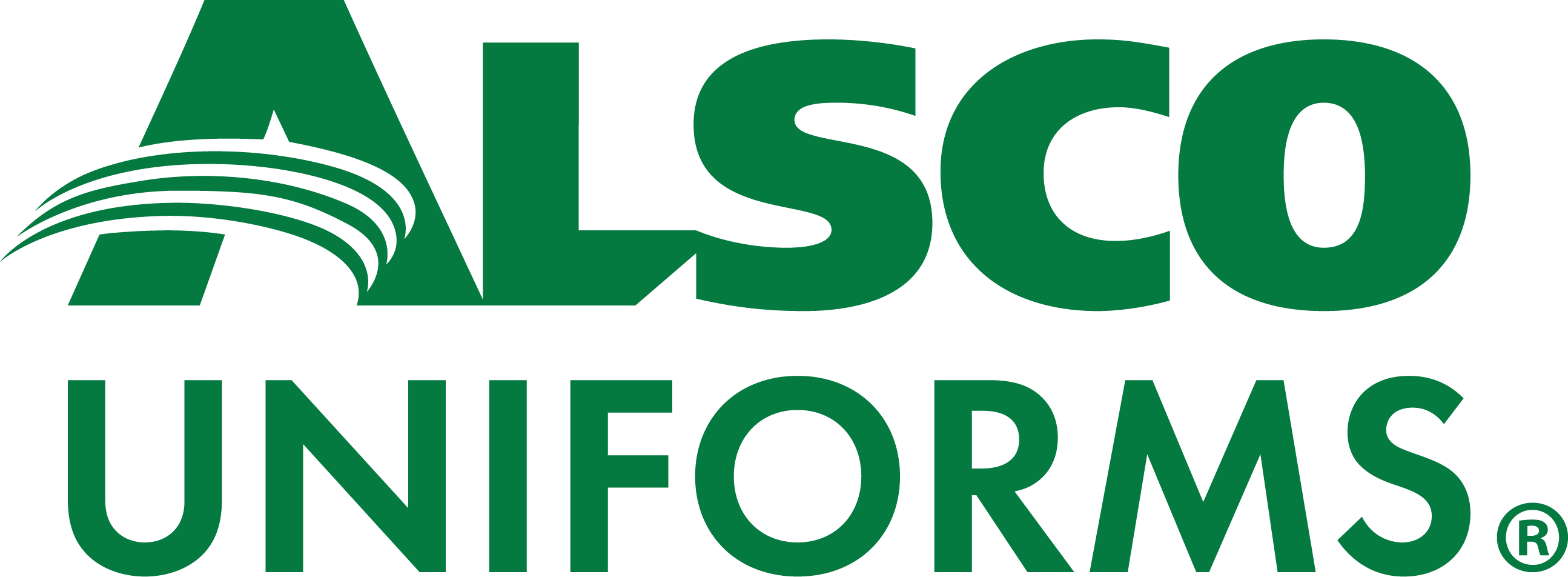
With the 2020 tax season fast approaching, we thought it might be a good idea to address a thorny topic pertaining to uniform rental services: how to handle tax reporting. Whether company uniforms have a value that can be taxed depends on circumstances. Company owners are ultimately responsible for knowing the law and making sure their operations are in compliance.
In this article we will cover rented uniforms, uniforms owned by a company, and uniforms supplied by workers themselves. Rented uniforms are the easiest to account for when it comes to tax reporting.
Uniforms and Tax Exemptions
Under normal circumstances, most fringe benefits that employers provide are considered taxable. The value of such benefits is counted alongside employee earnings for the year and is reported on W-2 forms; however, there are two exceptions:
1. De Minimis Fringe Benefits
Section 132 of the Internal Revenue Code allows for tax exemption of de minimis fringe benefits. A de minimis fringe benefit is a benefit with a value so low as to make accounting for it unreasonable. Most company uniforms worn daily do not fall under this category. What does?
Imagine a restaurant owner planning to participate in a local food festival. Employees will wear hats and T-shirts specially designed for the festival, rather than putting on their company uniforms. These single-use uniforms would likely qualify as de minimis fringe benefits.
2. Working Condition Benefits
Section 262 of the Internal Revenue Code allows a second exemption for uniforms that are required as a condition for working. Again, we will use the restaurant example. Imagine the same restaurant owner providing rented uniforms designed to enhance the company’s brand. Because the uniforms are branded, employees cannot substitute them for anything else. Furthermore, they are required to wear the uniforms whenever they are on the clock.
Impractical for Off-Duty Wear
There are some exceptions to the working condition benefit, beginning with the idea that exempt uniforms are impractical for off-duty wear. Do you remember the bright orange-and-red uniforms fast food workers wore in the 1970s? Those uniforms would not have doubled as daily clothing when employees were off duty.
When employees wear the same clothing for work and leisure, they are in danger of losing the tax exemption. Companies that provide such clothing must emphasize that it cannot be worn away from work. Employees who purchase their uniforms themselves may not be able to claim the expense against their taxes if they use the clothing away from work.
Also note that even if a company has a policy mandating that rented or owned uniforms cannot be worn outside of work, the working condition benefit is not applicable if the policy is not fully enforced.
Providing Clothing Allowances
Some companies neither provide uniforms nor require employees to buy clothing out of pocket. Rather, they provide a financial allowance to pay for approved clothing items. Note that clothing allowances are covered by the same rules that apply to actual uniforms.
A clothing allowance is tax exempt if the money provided is spent exclusively on uniforms, so long as the clothing purchased meets the other requirements of the working condition benefit. If all conditions are not met, the allowance is then considered a taxable fringe benefit alongside income.
Whether your company rents uniforms, owns them or relies on employees to furnish their own work clothing, there are tax implications. We urge you to consult with your accountant. In the meantime, contact us to learn more about our uniform rental services.
